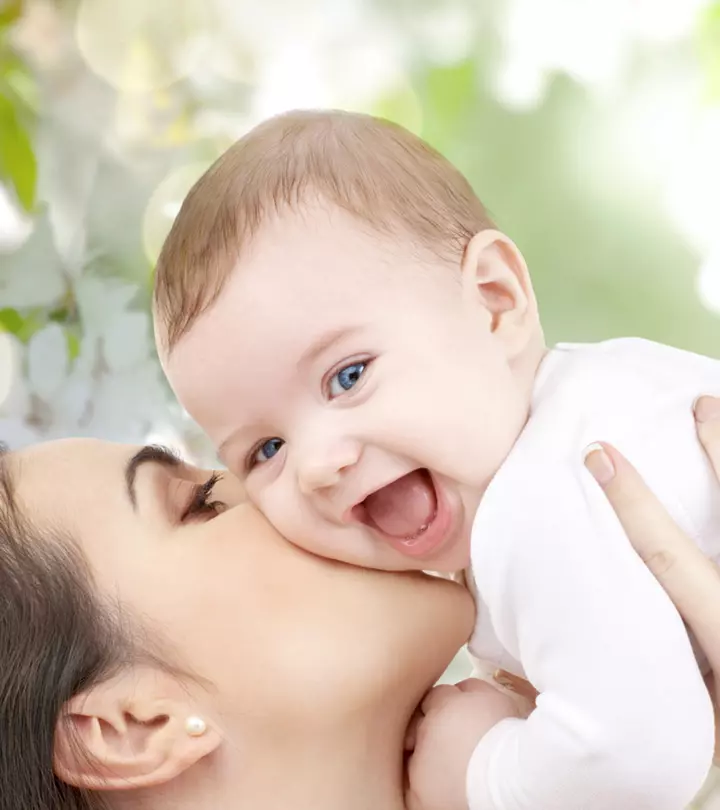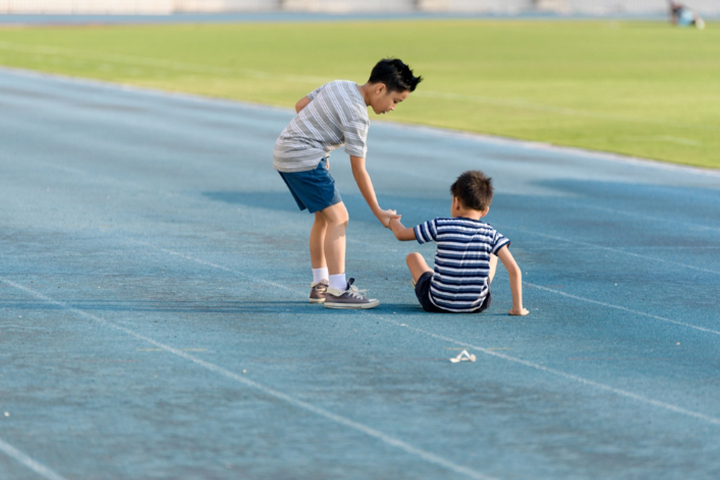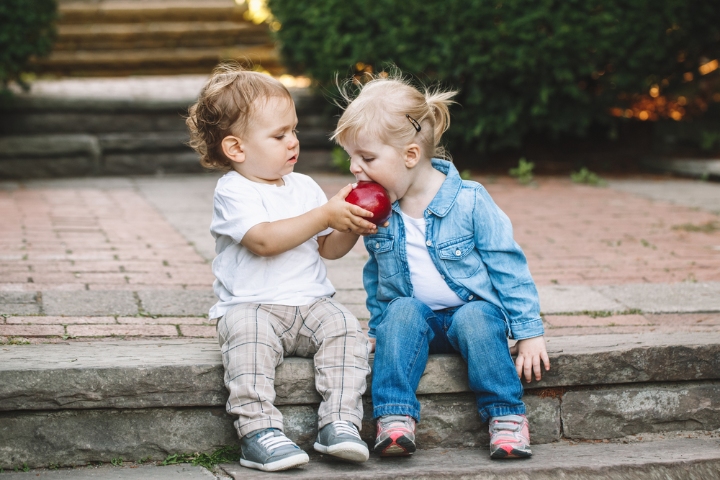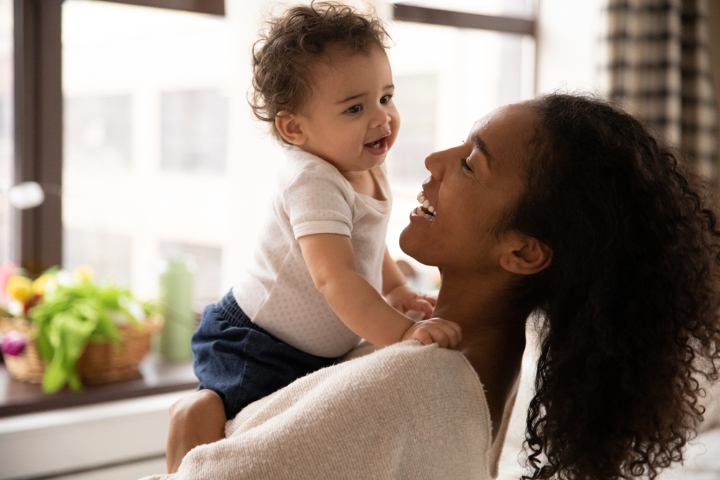
Image: Shutterstock
The first few months after the baby comes home is nothing short of a panicky blur. Parents do everything in their power to ensure that their baby is well fed, has clean diapers, sleeps well and is fit and fine. But what we don’t understand is that the physical health and development of the baby isn’t the only thing that is important to nurture. Yes, swaddling the baby, giving them baths and ensuring that they don’t contract any illness is all essential but so is catering to the psychological well-being of your child. There are many myths about how to take care of a child’s mental state. Some go far enough to say that even holding your baby and caring for them can lead to spoilt children later down the road. But this just isn’t true. So, how do we care for the psychological health of our baby and where do we start? If you’d like to know more on this topic then this article is for you. Read on to know more!
Synchrony
This is often described as the dance between the caregiver and the infant. The most important thing a parent must learn to do is to join their baby’s internal rhythm, physical and psychological in order to create a strong psychological foundation. Psychologists have given this process many names: responsive care, attunement, and co-regulation (1). However, it was Ruth Feldman, a psychologist at Bar-Ilan University in Israel and at the Yale School of Medicine, who first called this coordinated interaction between caregiver and infant, “synchrony.” This process starts at the pregnancy stage when the pregnancy bonding hormone oxytocin is produced. And when the baby is born and skin to skin contact is made or the baby is breastfed, the mother’s nervous system is calmed, the biological clock organizes, and the vagal tone develops.
This is important as responsive care in the first week or month can have considerable control over the regulation of stress genes within the baby (2). This way the psychologies of the caregiver and the baby also harmonize in the process. In a study done by Feldman, observed the heart rates of a mother and baby who played face-to-face. When the interactions were synchronized in an easy back-and-forth, the rise and fall of mother and baby’s heartbeats actually tracked each other, with a one-second lag. In other words, the mother or the primary caregiver helps to regulate a baby’s very heartbeat through loving, synchronous interactions (3).
Synchronization between a caregiver and a baby have long lasting effects that are beneficial to the little one. Let’s take a look at a few:
1. Emotional Regulation, Self Control And Stress Management
Image: Shutterstock
Feldman also discovered that babies whose mother could follow their lead in infancy during the 3 month mark and again at the 9 month mark had better self-control at two years old than babies who did not have a synchronous relationship. This was brought out especially when babies had a more difficult temperament. The effects could be seen on young children as well. Those who had experienced early synchrony were both more willing to pick up toys and put them away and more able to resist touching objects they wanted (4). So synchronization is an integral part in the formation of important life skills like self control, emotional regulation and stress management.
2. Social Relationships
Image: Shutterstock
It has been observed that babies who experience attunement with their caregivers grow up to be kids who are capable of having a more reciprocal relationship with their peers. They are also better at resolving conflicts. As they grow up and become teenagers, they are more likely to enjoy social relationships more and more and are more skilled at retaining the relationships that they make (5).
3. Attachment
Image: Shutterstock
This one is a no brainer. The greater the synchrony with caregiver in infancy is correlated with better attachment at one year, and fewer behavior problems at two years old (6). How cool is that!
4. Empathy
Image: Shutterstock
Every parent wants their child to be empathetic and synchronization can help you accomplish just that. In a study, babies were followed from the age of 3 months to 13 years old. It was found out that teenagers who had experienced synchrony with their caregivers as babies had greater empathy. This suggests that synchrony does sensitize infants to the emotional resonance that underlies human relationships across their entire lifespan (7). .
It may seem complicated but caring for the psychological wellbeing of your child isn’t all that hard, especially when they are still a baby. All you need to do is spend time with them and establish synchronization with their natural rhythm. Now that you know how to ensure that you and your baby move as one, you’re going to have no trouble at all while catering to their psychological needs. Happy parenting!
















